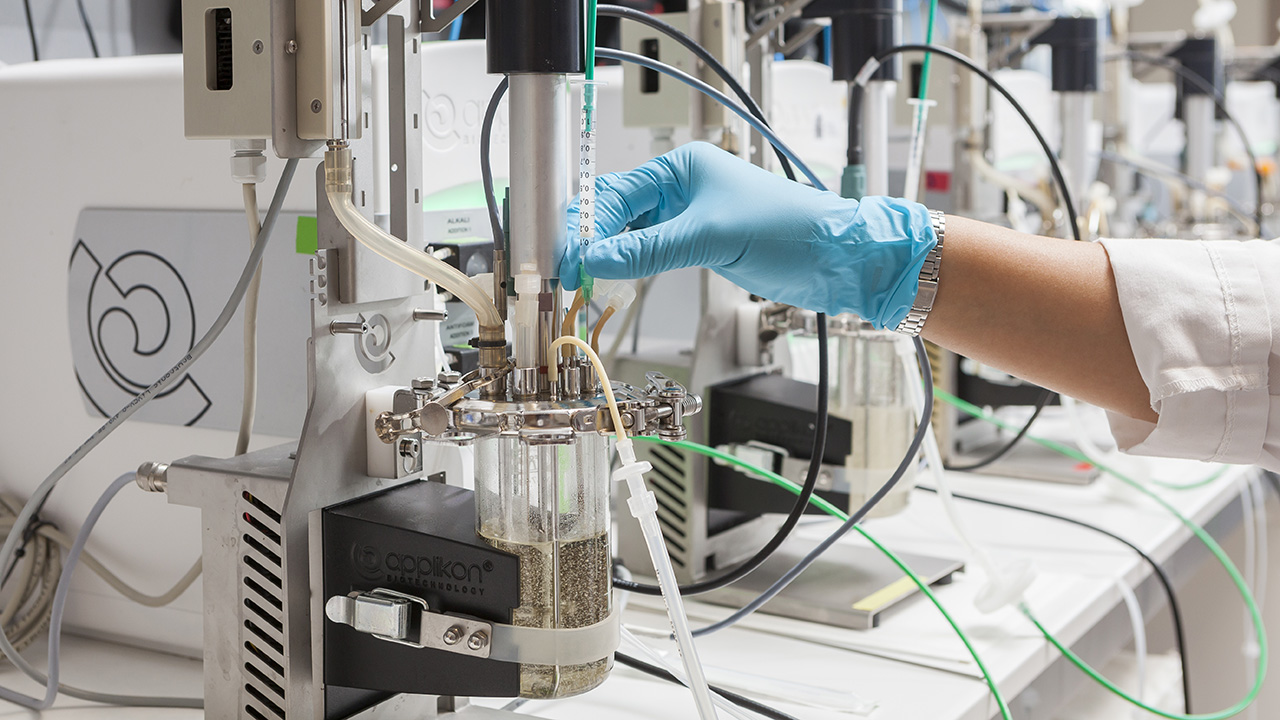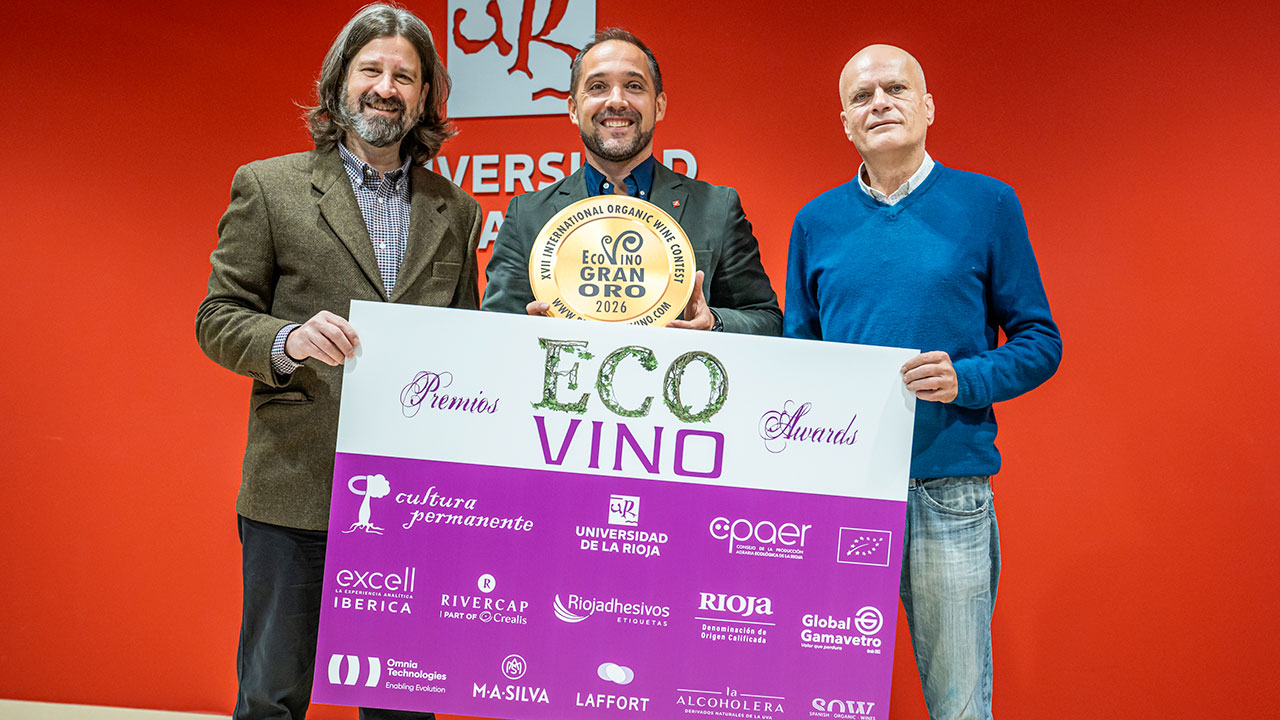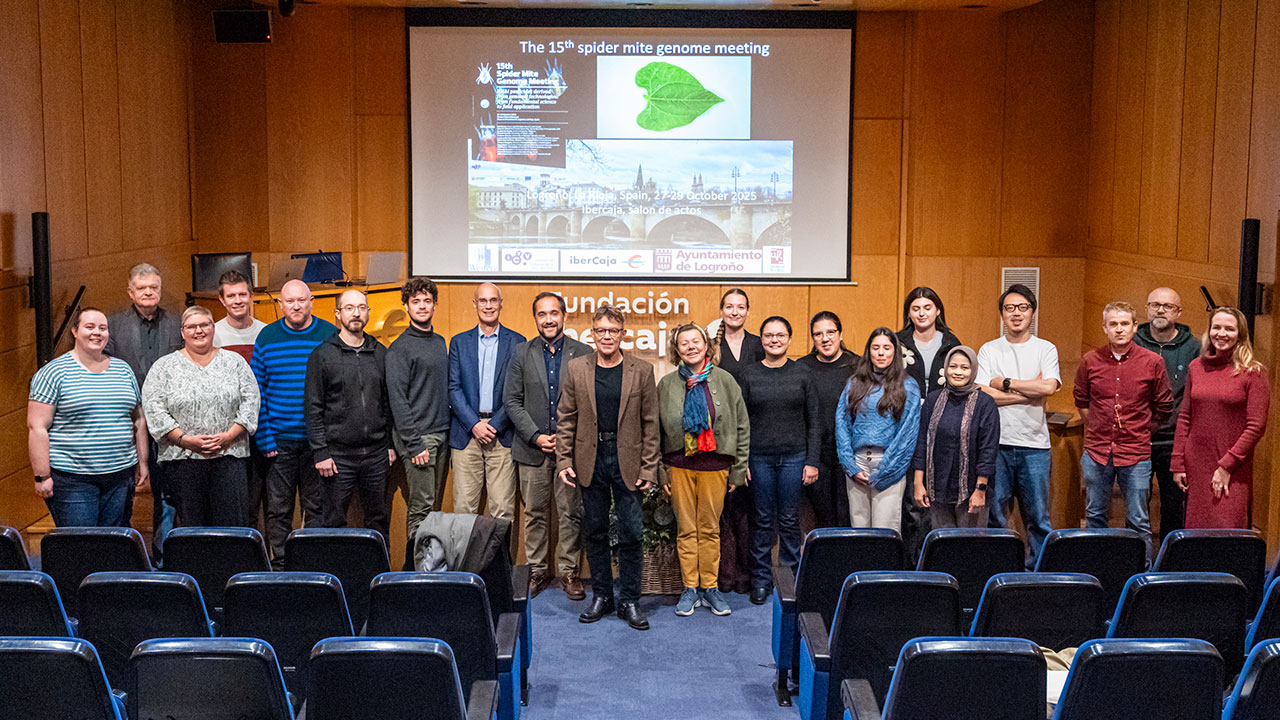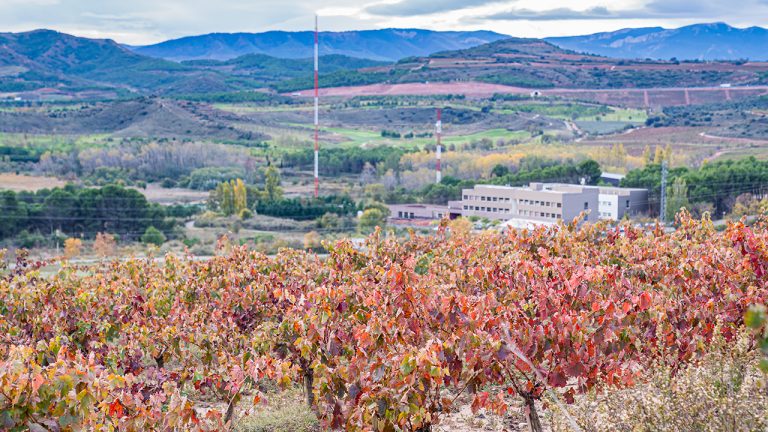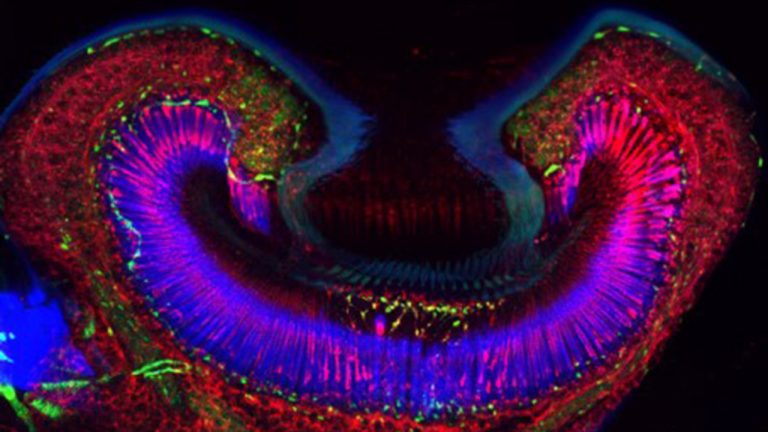Programa
11.30 horas
Chemically Mediated Plant-Herbivoremicrobe Interactions For Sustainable Agriculture
Dr. Sergio Rasmann
Professor Institute of Biology University of Neuchâtel, Suiza
Sergio Rasmann is a Swiss plant chemical ecologist who obtained his Ph.D. in 2006 from the University of Neuchâtel (Switzerland), during which he discovered that herbivore-damaged maize roots emit volatile signals in the soil that attract predatory nematodes near the site of wounding. This finding resulted in a publication in Nature that is now cited >1500 times and has spurred intensive research on how to useentomopathogenic nematodes for controlling root-feeding pests. After a post-doc at Cornell University, a research fellowship at the University of Lausanne, and an assistant professorship at the University of California, Irvine, he is now Full Professor at the University of Neuchâtel, head of the Laboratory of Functional Ecology (LEF). His current research interests focus on addressing the mechanistic, ecological, and evolutionary causes and consequences of chemically mediated interactions between plants and their biotic and abiotic environment. This broad theme that is split into studying the effects of climate change on plantherbivore interaction, improving biological control methods using beneficial microbes, and conservation biology practices. At the University of Neuchâtel, he is in charge of one Master's curriculum in Biology, and of the Doctoral School in Life Sciences. He is an active member of several scientific commissions at the Swiss National Science Foundation and at CITES, and he has been awarded the early career award by the International Society of Chemical Ecology in 2014 and is Senior Editor at ELife. He has published over 180 peer-reviewed scientific articles, including papers in Nature, Science, and PNAS. >13500 citations; H-index 63.
Para quién
Público en general.
Entrada libre y gratuita hasta completar aforo.
Resumen de la charla / Abstract
Crop production faces significant pre-harvest losses due to weeds, pathogens, and insect herbivores, challenging global food security. A promising avenue for reducing pest pressure lies in leveraging natural plant defense systems and their interactions with microbes and higher trophic levels. This presentation explores chemically mediated plant–herbivore–microbe interactions as a foundation for sustainable agriculture. We highlight both direct plant chemical defenses and indirect defenses involving predators, mycorrhizal fungi, and beneficial microbes. Case studies demonstrate how soil-emitted volatiles, mycorrhizal associations, and microbial inoculants can modulate herbivore performance and enhance plant survival across species and agricultural contexts. Integrating ecological, chemical, and genetic insights reveals how internal plant factors, abiotic conditions, and biotic interactions jointly shape defense outcomes. By advancing our understanding of these complex networks, we can design optimal pest management strategies that reduce reliance on pesticides and support resilient, sustainable cropping systems.
Contacto
Laura Huerta Rodríguez
Instituto de Ciencias de la Vid y del Vino (ICVV)
Organiza
© Imagen de archivo UR.
Etiquetas
Categorías
Noticias relacionadas
Los Premios Ecovino alcanzan su decimoséptima edición
Expertos internacionales presentan la nueva generación de plaguicidas sostenibles basados en RNAi
Actividades relacionadas
